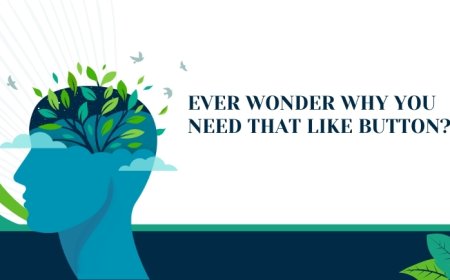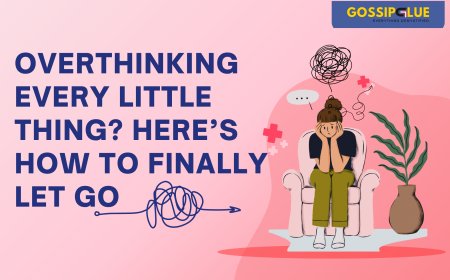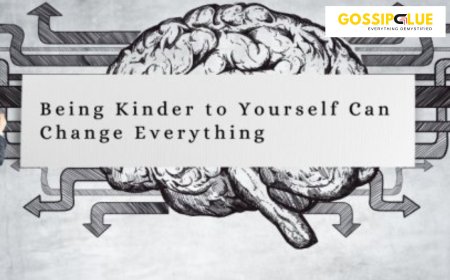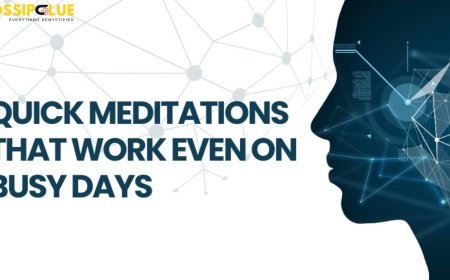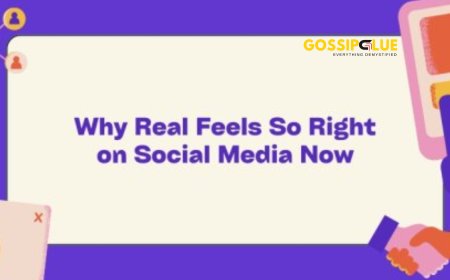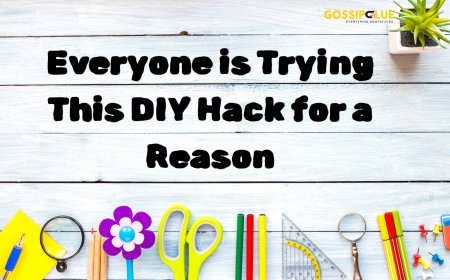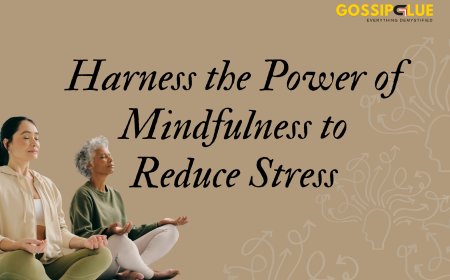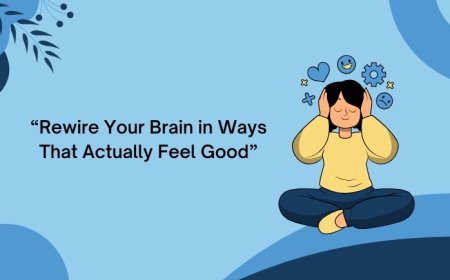Why We Crave Social Validation and Approval
Understand the psychology and neuroscience behind why we seek social validation and how social approval shapes our behavior and self-worth.

Picture this: you post something on social media that you’ve put thought into. A few minutes later—ping! Then another ping. And another. Likes, comments, shares. Each notification adds a volt of validation to your self-esteem. It feels good, doesn’t it? Like you’re being noticed. Like you matter.
That quiet buzz of joy? That’s social approval doing its thing. Whether it’s a compliment from a friend, a “well done” from a colleague, or a retweet from someone you don’t even know, we all chase the feeling of needing to be validated. But why does it matter so much to us?
This article looks at the behavioral science behind this chase and how to manage it before it takes over our lives.
Our brains are wired to seek approval.
Every time a post receives positive feedback, our brain releases dopamine, a pleasure chemical that motivates us to seek more. A 2017 study found that social approval lights up the same part of the brain that activates when we eat our favourite foods or win something exciting.
That’s why those little hits of validation feel so addictive. When we don’t get that feedback—when a post falls flat or no one claps after a presentation—we can feel deflated, even rejected— and with the rise of social media, this feeling has been increased to an alarming extent. It’s not just in your head; it’s how our brains are wired to respond.
Why It Matters So Much (Beyond the Brain)
It’s not all about biology. Psychology plays a big role, too.
Behavioral psychologists have been studying the effects of social validation in the age of social media and the role it plays in shaping behavior. From early on, our survival depended on being part of a group. That’s still true in emotional terms today. Human beings are conditioned to look outside themselves when it comes to identity and forming self-worth.
Here are some science-research-backed reasons behind our need for approval:
-
Belonging: Feeling accepted makes us feel safe and connected.
-
Self-esteem: Positive feedback builds confidence. Without it, we can start to doubt ourselves.
-
Comparison: We often measure ourselves against others, using their reactions as a way to judge how we’re doing.
This mix of psychological drivers is why social approval can have such a strong pull on how we feel and who we think we are.
Social Media: The Approval Amplifier
In today’s world, social media has taken this natural craving and put it on overdrive.
Now, likes, shares, and follows turn approval into something we can count, compare, and chase. The result of this is that people will no longer want to post to express themselves, but to chase social clout. And when we don’t get them, we can feel anxious or like we’re not enough.
What’s worse is that we’re often comparing our real lives to other people’s highlight reels, which can leave us feeling like we’re falling short. That pressure to keep up, to be liked, to be seen... it can wear us down and make it harder to show up authentically.
How to Loosen the Grip of Social Approval
Want to stop chasing approval and start feeling more grounded in yourself? Here are five small but powerful steps you can try:
1. Build Internal Validation
Take time each week to reflect on things you’re proud of—things that have nothing to do with likes or praise. Write them down. You’ll start to strengthen your sense of worth from the inside out.
Additionally, practising self-compassion for yourself helps in your journey of personal growth.
2. Clean Up Your Digital Space
Follow accounts that make you feel inspired, not inadequate. Set realistic time limits for social media apps. If required, practice deleting social media apps for sshorter periods
3. Try Mindfulness
Practice being more mindful. When you catch yourself obsessing over a post or getting stuck in a loop of social comparison, take a pause and a deep breath. Being fully present helps shift the focus from the external world to your intrinsic self.
4. Invest in Real Relationships
Spend time with those who understand and value your time and energy, not just for your achievements. These connections provide much more satisfaction than minimal interactions on the internet.
5. Set Goals for yourself
Write down goals that align with your values, not just ones that get you social approval. Choose personal growth over external validation. Wanting approval is completely human. But it doesn’t have to run your life.
Work on building confidence from within, practice showing up as your real self instead of the performance that gains external approval. This helps you feel more grounded and more control of yourself.
Take the First Step
Pick one strategy that resonates with you. Maybe it’s five minutes of mindfulness each day. Maybe it’s unfollowing a few accounts that makes you feel “less than.” Whatever it is, try it for a week.
Also, read about how to set better boundaries for yourself to help improve your mental health here
And if you feel like sharing, leave a comment or check out some of our mental wellness resources. You’re not alone in this—and you don’t have to figure it out all at once.
Let this be the start of a new kind of validation journey: one that begins with you.
What's Your Reaction?
 Like
0
Like
0
 Dislike
0
Dislike
0
 Love
0
Love
0
 Funny
0
Funny
0
 Angry
0
Angry
0
 Sad
0
Sad
0
 Wow
0
Wow
0


